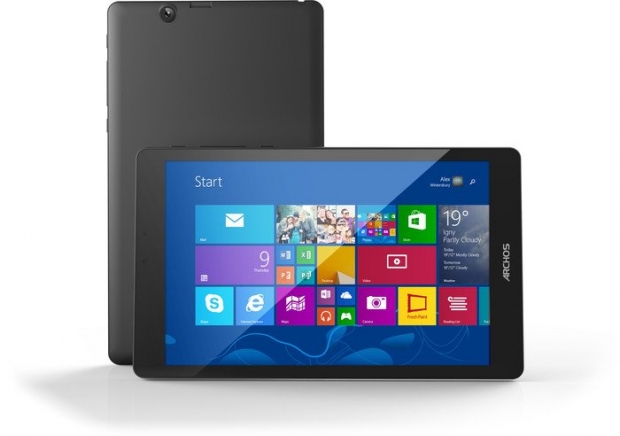Following the first year-over-year decline in worldwide tablet shipments in the fourth quarter of 2014 (4Q14), IDC has scaled back its five year forecast for the product category. Worldwide shipments are expected to reach 234.5 million units in 2015, a modest year-over-year increase of 2.1 percent from 2014.
IDC still expects low but positive growth for the market in the years to come as demand in the commercial sector increases. Ironically the thing IDC thinks will save the market is the arrival of Microsoft.
Jitesh Ubrani, IDC's Senior Research Analyst said that despite the growing popularity of phablets, there still remains a portion of the market that wants to use a larger device so they can tailor their experience to the appropriate screen size.
"Meanwhile, an increasing number of vendors behind small tablets are reducing prices and adopting features like voice calling to entice consumers to purchase their products over competing phablets, making the dynamics of phablets vs voice-capable tablets an interesting one to watch."
In terms of platforms, Android will remain the leader, with close to two-thirds of the market over the course of the forecast.
Apple is the weakest link in the tablet story. IDC expects its volume share of the market to decline in 2015, reaching levels below that of the past three years. Windows, despite modest adoption to date, is expected to gain significant share over the course of the forecast, growing from 5.1% in 2014 to 14.1% in 2019.
Jean Philippe Bouchard, IDC Research Director, Tablets said that Microsoft was doing a lot of good things right now and we believe the launch of Windows 10 later this year will not only have a significant impact on Microsoft's share of the market, but on the whole industry.
"There is an appetite for a platform that can provide a productivity experience that remains consistent across multiple form factors and device types, and we believe Microsoft is well positioned to capture some of that demand."

